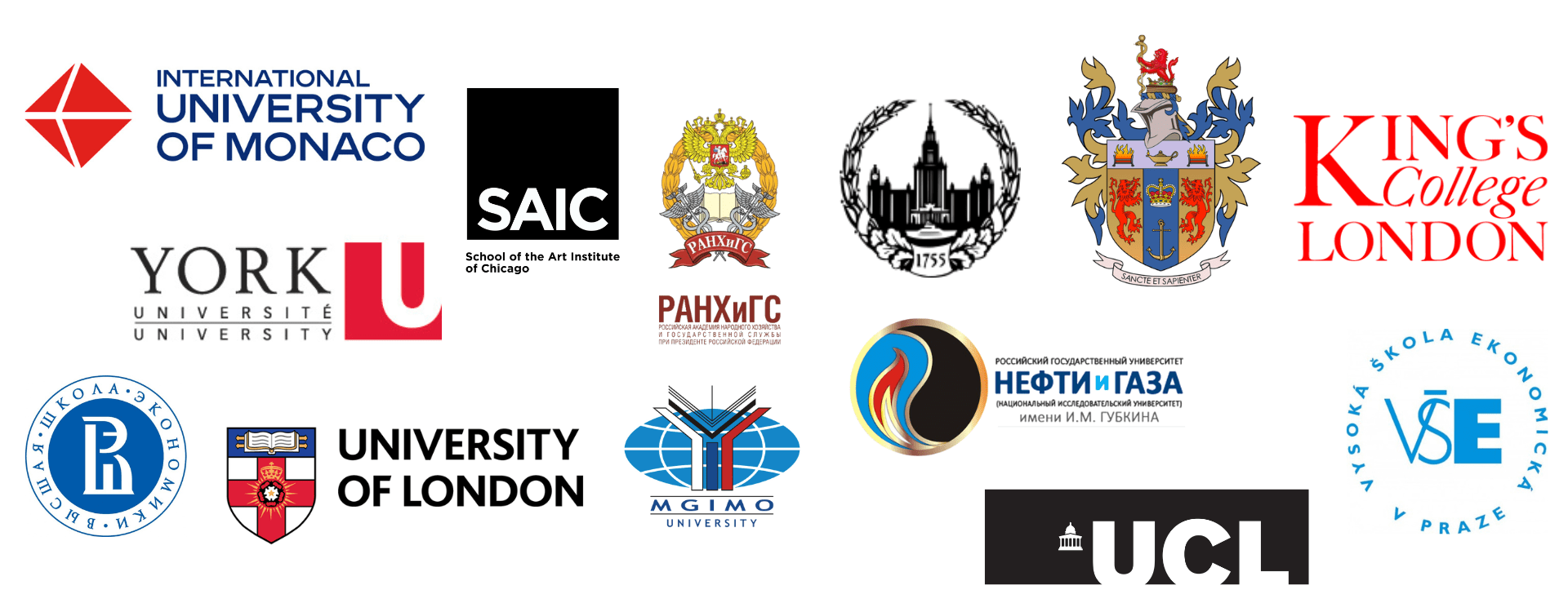GCSE (General Certificate of Secondary Education) is an important program at Key Stage 4 in schools in England. The program is designed to prepare students for the compulsory IGCSE exams, which are a significant first step in their educational journey.
Typically, students take GCSE exams in various subjects, depending on their interests and academic goals. However, there are a few mandatory subjects that all students must take, including English Language, Mathematics, and Science.
Year 11 students at RIS have the opportunity to choose from a wider range of subjects based on their academic interests.



Within the GCSE program, there are certain compulsory subjects
English Language
English Literature
Mathematics
Science
In addition to the compulsory subjects, students have the option to choose additional subjects that align with their interests and academic goals, such as Physics, Chemistry, Biology, History, Geography, French, German, Business Studies, Information Technology, Art and Design, Drama, Music, Physical Education, Design and Technology, Computer Science, Media Studies, Sociology, Psychology, Economics, Citizenship Studies, Physical Education, and Environmental Science.
The GCSE program not only provides students with essential knowledge and skills but also prepares them for more advanced stages of education, such as A-Level, and further entry into universities. It plays a crucial role in establishing an educational foundation and helps students identify their preferences and goals for the future.



How to choose subjects?
Students are given a certain level of freedom in choosing their GCSE subjects. They can choose from a wide range of subjects, including humanities, sciences, languages, and arts disciplines.
This allows each student to create a unique combination of subjects that reflects their interests and goals.
How are the exams conducted?
The grading system in GCSE exams is based on a numerical scale. The commonly used grading scale ranges from 9 to 1, where 9 is the highest grade and 1 is the lowest.
During the assessment of students' work, examiners evaluate task completion, adherence to requirements, and the quality of responses. Each answer or task is assigned a numerical grade according to predetermined assessment criteria.
Students receive individual grades for each subject they take in the GCSE exams. The individual academic pathway is an important part of the GCSE program.
At the Russian International School, we place great emphasis on creating a unique academic path for each student, taking into account their interests, abilities, career goals, and the requirements of the universities they plan to apply to.
The individual preparation pathway for GCSE is a personalized plan designed for each student based on their academic goals, interests, and needs.
This pathway includes several key components to ensure effective and successful preparation
-
Curriculum Selection: Choosing the appropriate subjects that align with the student's interests, strengths, and future aspirations.
-
Targeted Learning: Providing focused instruction and resources tailored to the specific requirements and content of each subject.
-
Practice and Revision: Engaging in regular practice exams, past papers, and revision sessions to enhance knowledge retention and exam readiness.
-
Individual Support: Offering personalized guidance and support from teachers to address any challenges or areas of improvement.
-
Tracking Progress: Monitoring and evaluating the student's progress through assessments, mock exams, and feedback to identify areas for further development.
Thanks to our serious approach to education, RIS students achieve high results in exams and gain opportunities to enroll in top universities worldwide.
Our graduates confidently embark on their educational journey in prestigious institutions such as UCL and King's College London in the UK, York University in Canada, the School of Economics in the Czech Republic, the International University of Monaco in France, the School of the Art Institute of Chicago in the USA, the Higher School of Economics, Moscow State University, and MGIMO in Russia, among others.
This demonstrates that RIS students successfully pass exams and attain sufficiently high academic results to gain admission to leading universities in different countries around the world.


